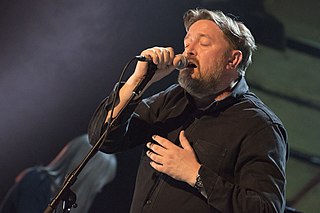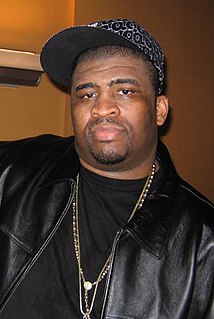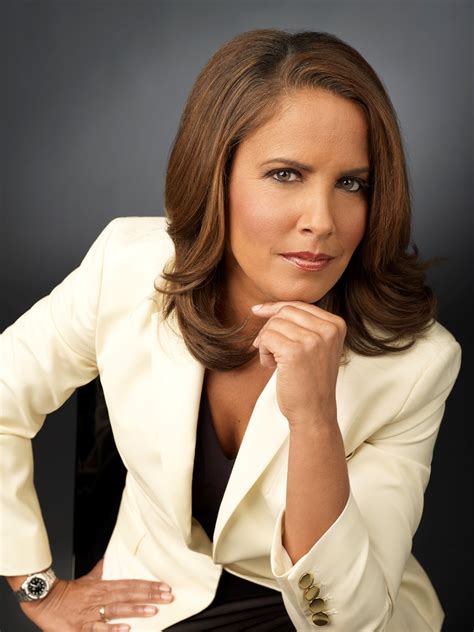A Quote by Sandra Cisneros
You want to be able to say anything when you do your first draft, because some of that goofy stuff that you think has nothing to do with it is probably where the mother lode is.
Related Quotes
Almost all good writing begins with terrible first efforts. You need to start somewhere. Start by getting something-anything-down on paper. A friend of mine says that the first draft is the down draft-you just get it down. The second draft is the up draft-you fix it up. You try to say what you have to say more accurately. And the third draft is the dental draft, where you check every tooth, to see if it's loose or cramped or decayed, or even, God help us, healthy.
I think a draft produces a better Army than the one we would have with all volunteers, because I think you get average Americans if you have a draft. And if it's an all-volunteer Army, you get people who join up because of some problem in their own lives. They don't have anything else to do, they don't have a job, or they can't find what they want to do, so they join the Army. And it doesn't produce the best Army.
I taught everyone a very bad lesson at my publisher because they actually gave me deadlines this time and I'm now meeting them. I used to say, "Here's my book; it's six years late." I'm so much faster now, and work differently. With all the years of writing, I think I still draft as obsessively, but I think back to writing. On your first story, you start at draft one. On your second story, you start at draft ten. On your third story, you start at draft one hundred. If you need a hundred and eight drafts, you may write eight instead of a hundred and eight.
Something I always tell students is, when you're writing something, you want to write the first draft and you want it to come out easily in the beginning. If you're afraid to say what you really have to say, you stammer. When you're thinking of your listener, that's when you start stuttering and it's just because you're nervous that your listener is passing judgment.
I think I'm drawn to more villain-type characters, because it's so cool to get to say all the things you want to say. In Hollywood, you get to this position where you have to bite your tongue so much. You take all your experiences of not being able to say what you really want to say, and channel that through your character.
Scott-there's nothing in the world I want but you-and your precious love. All the material things are nothing. I'd just hate to live in a sordid, colorless existence-because you'd soon love less-and less-and I'd do anything-anything-to keep your heart for my own-I don't want to live-I want to love first and live incidentally.
With Ibrahim al-Koni, what I figured out was - and you'll see this in his novels - if your time is limited, make the unit of the chapters small so that you can finish one a day, at least in the first draft. Once you have the first draft it's living, and you can coax it to grow and trim it and reshape it and so on. But get that first draft. I think if I'd gone to an MFA program and learned that, it would have been money well spent. But translation has been that for me.
You know how sometimes you're talking to people who love you and give you unconditional love, and you say, "But you know what? Let me back up. I forgot to say . . ."You can do that, right? You don't hesitate and say, "Oh my God! I forgot to say that!". You just speak! And you say it all, until you have nothing more to say. And that's your first draft. It's done.

































